Chilean Cinema - Telling the Stories of a Nation
2025/10/30
Years of Culture
false
2025/10/30
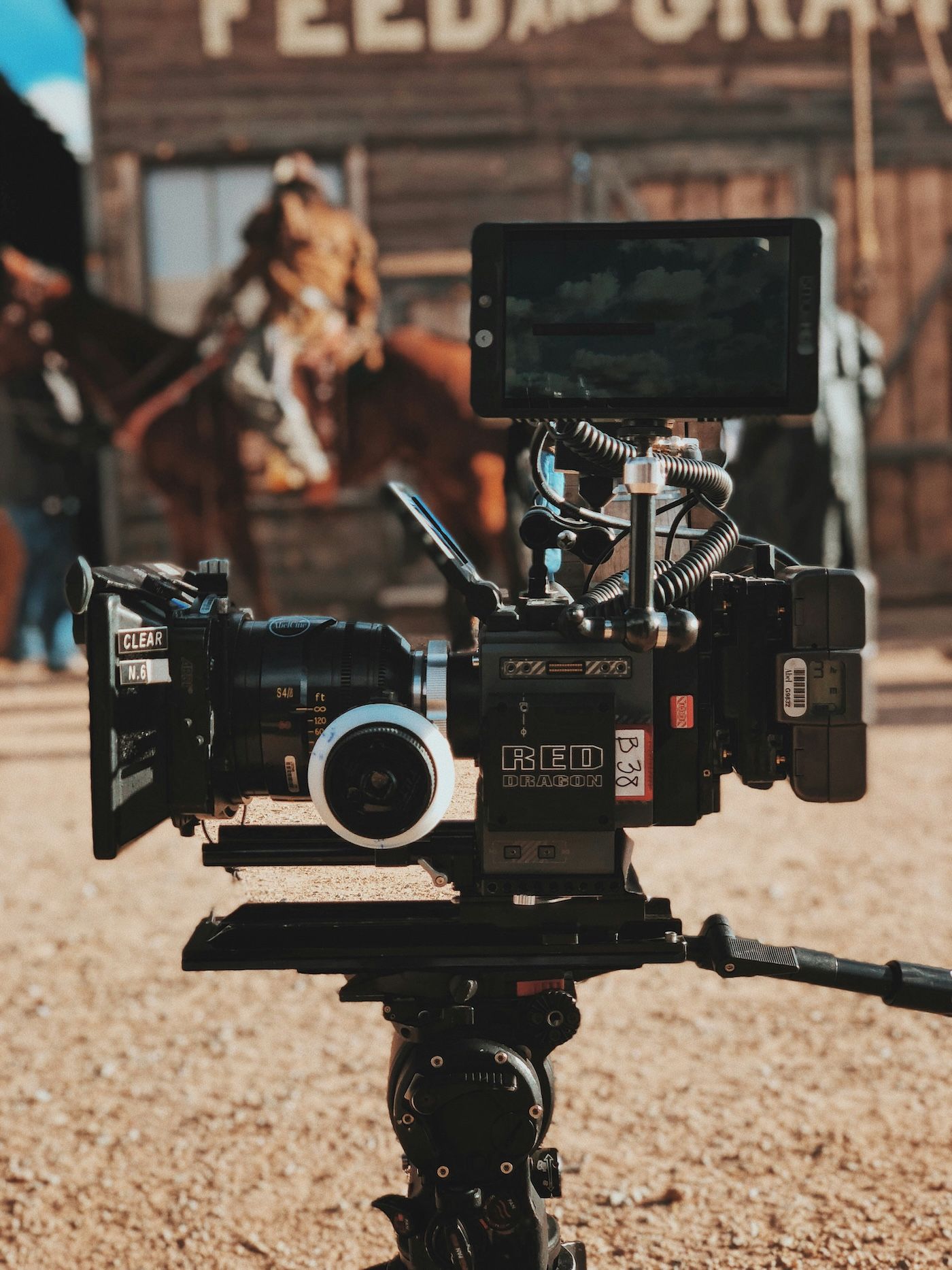
Today, famous Chilean directors like Pablo Larraín and Sebastián Lelio are gaining global recognition, while iconic Chilean movies such as No, Gloria, and A Fantastic Woman continue to capture audiences and critics worldwide.
But what makes Chilean movies so compelling? How did the country's turbulent history influence its cinematic identity? And what role do film festivals in Chile play in fostering homegrown talent? Let’s explore the rich tapestry of Chilean cinema, from its origins to the present day.
The story of Chilean cinema mirrors the nation’s history, shaped by technological progress and political change throughout the 20th century. The foundations of Chilean cinema were laid in the early 1900s, when pioneering filmmakers began experimenting with storytelling on screen for the first time.
Chilean cinema began in the early 20th century, with the first short film believed to be Una cueca en Cavancha (thought to have been made in 1897), followed by feature-length El Húsar de la Muerte (1925), a patriotic drama by Pedro Sienna. The silent era in Chile saw a surge in national productions despite technological and financial limitations. Local production companies like Andes Films emerged during this time, although many early works are now lost due to preservation issues.
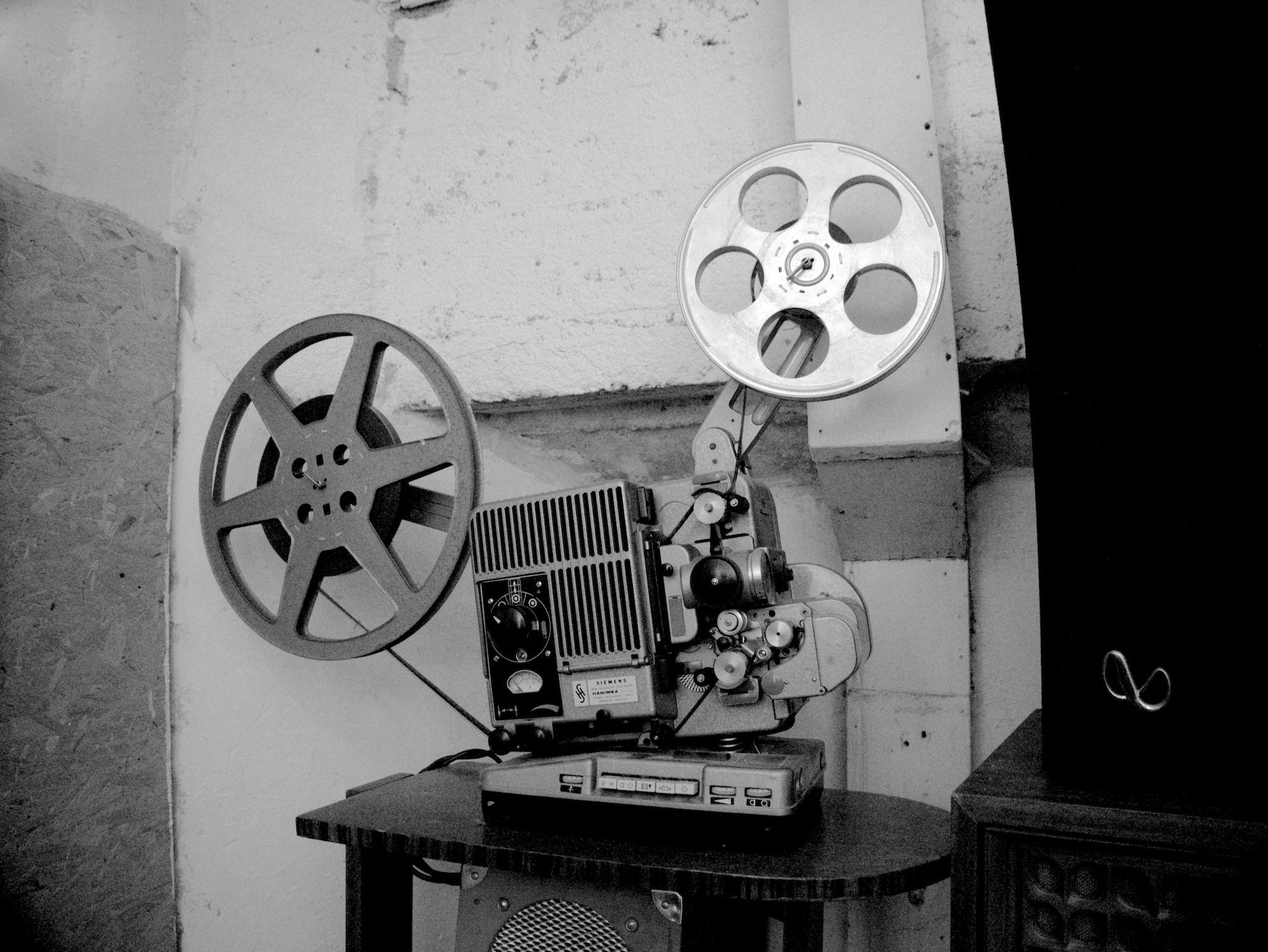
Early filmmakers focused on adapting classic Chilean literature and historical events, often portraying different aspects of national identity through patriotic lenses. However, global cinematic trends and the dominance of Hollywood posed challenges, limiting the local industry’s growth.
By the 1960s, Chile witnessed the rise of the New Chilean Cinema, a politically charged movement echoing the broader Latin American New Wave that was emerging across the continent. Directors used cinema as a form of protest and cultural reflection, especially during the government of Salvador Allende and the subsequent military dictatorship of Augusto Pinochet.
Director and screenwriter Patricio Guzmán, a pivotal figure in this era, created powerful documentaries like The Battle of Chile, chronicling the fall of Allende’s government. His work became a defining example of politically engaged filmmaking and a significant historical record.
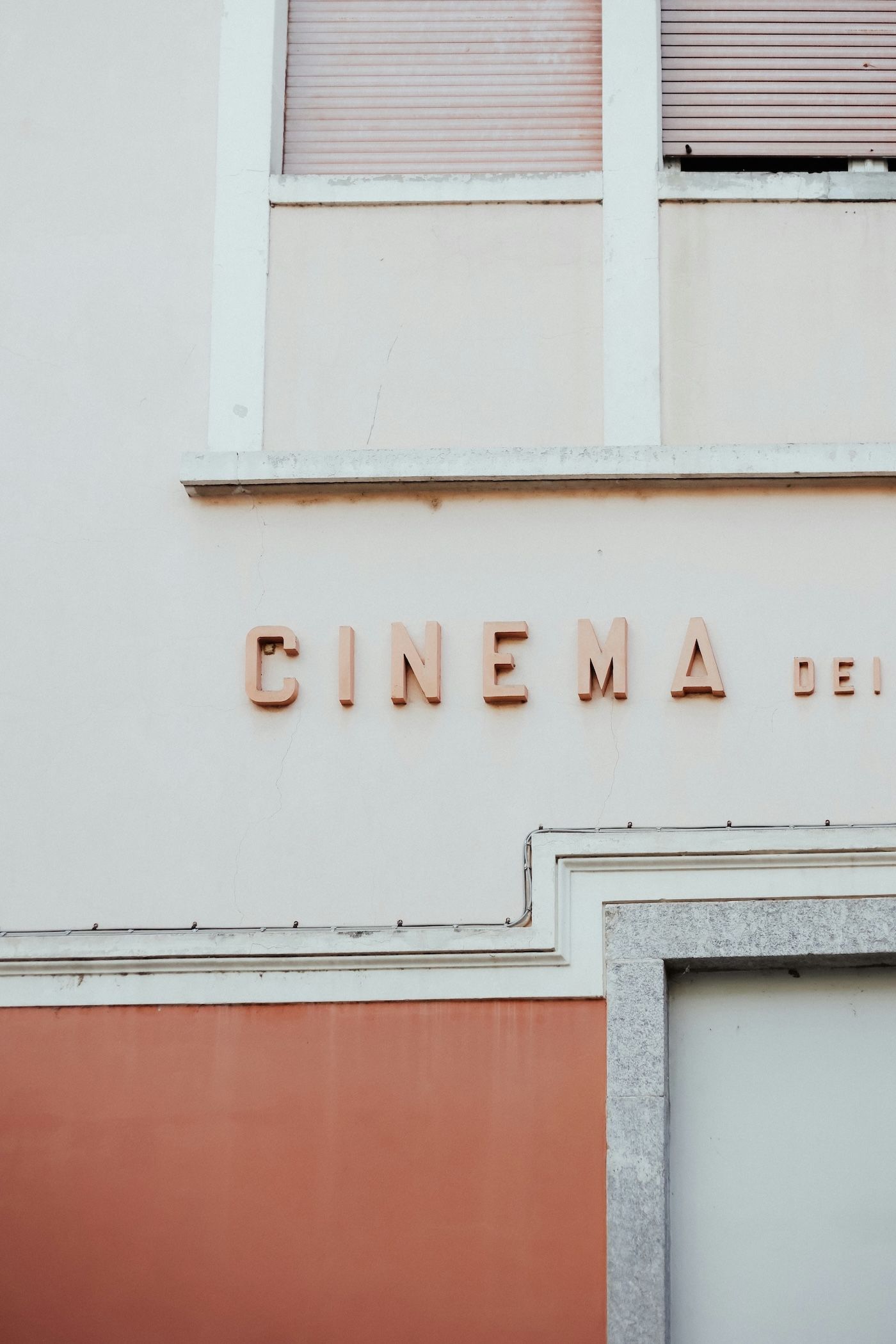
This period of Chile’s cinematic history was marked by low budgets but rich storytelling, focusing on inequality, oppression, and identity.
In the years following the return to democracy in 1990, Chilean cinema entered a new golden age of filmmaking. With greater freedom of expression and the possibility of international collaboration, filmmakers began exploring diverse themes beyond politics.
International co-productions and state funding programmes helped revive the industry. Films such as Machuca (2004) and Tony Manero (2008) brought international acclaim, paving the way for Chilean cinema’s global recognition.
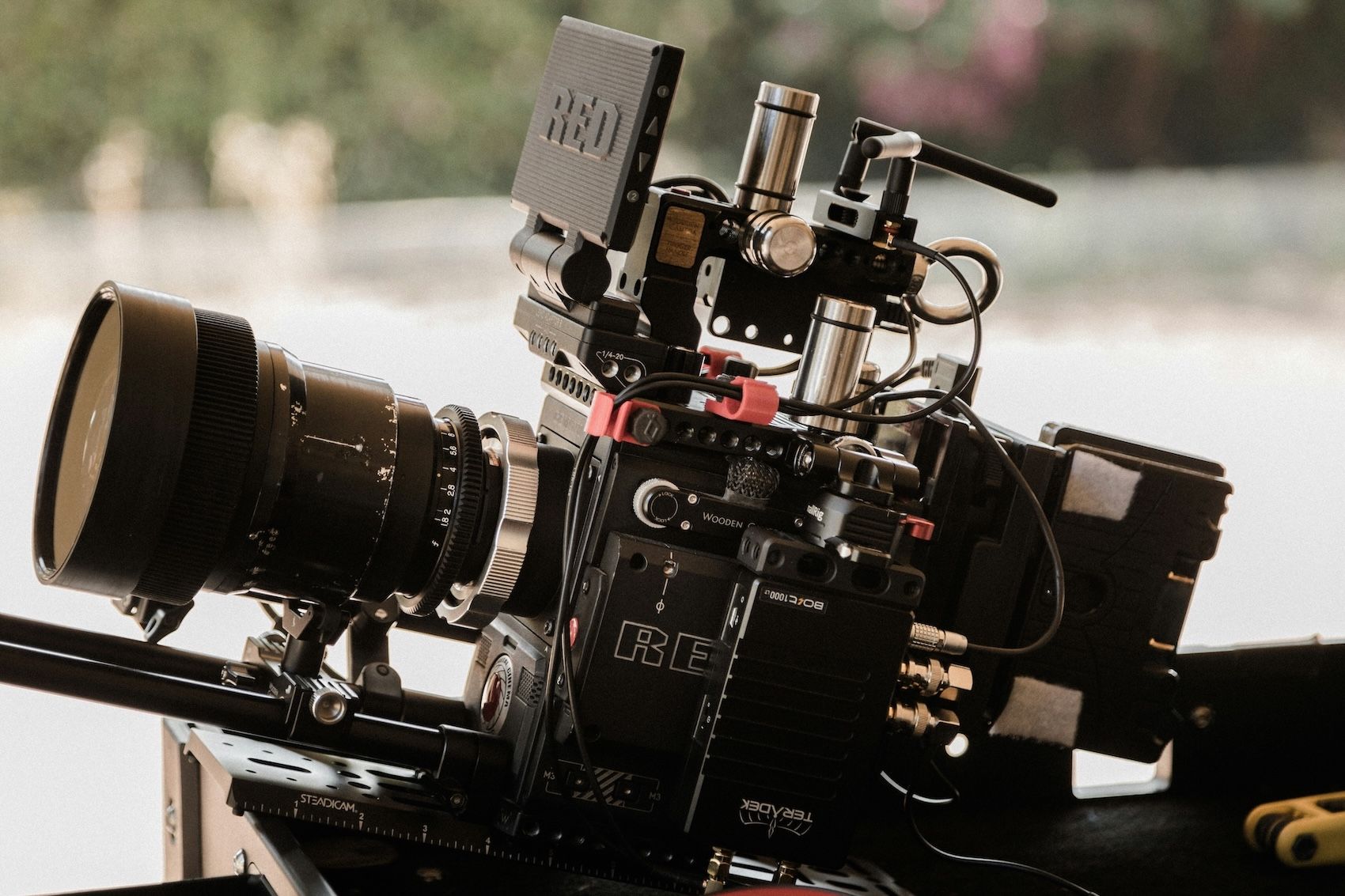
Over the decades, key Chilean films have defined the country’s cinematic identity and captured the attention of global audiences.
Directed by Pablo Larraín, No tells the story of the 1988 plebiscite that ended Pinochet's rule. The film combines real archival footage with fiction, and was nominated for an Academy Award for Best Foreign Language Film.
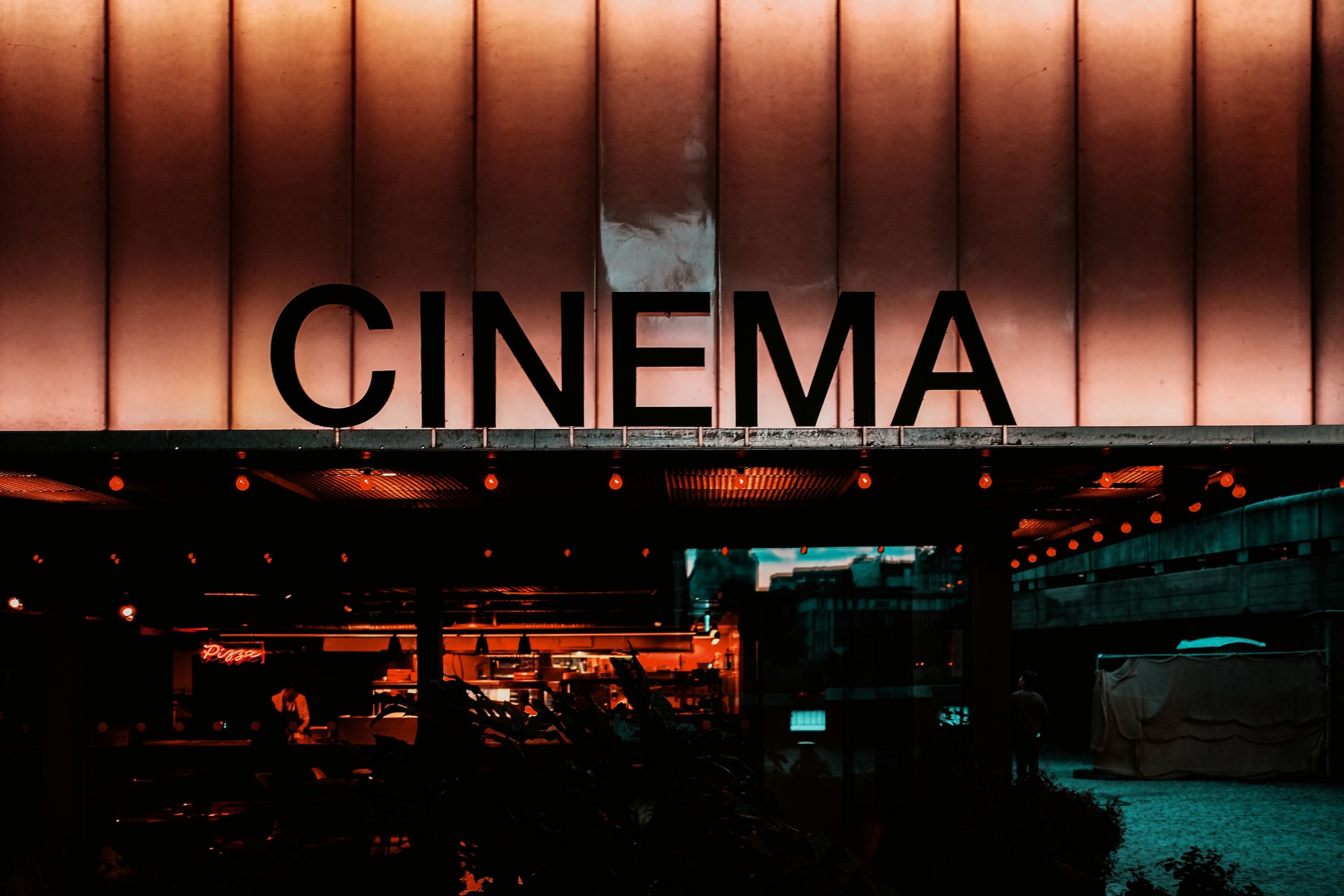
Sebastián Silva’s critically acclaimed drama, La Nana (The Maid) offers a deeply human portrait of a long-serving housemaid. The film explores class dynamics and emotional complexity with nuance, winning the Grand Jury Prize at the Sundance Film Festival.
Also directed by Pablo Larraín, Neruda offers a poetic and imaginative take on the life of Chile’s Nobel Prize-winning poet Pablo Neruda. Blending historical fact with fiction, the film follows a detective chasing Neruda during his political exile. With its rich visual style and sharp humour, Neruda celebrates Chilean art and identity while exploring the myth of the artist himself.
Directed by Andrés Wood, Machuca depicts the friendship between two boys from different socioeconomic backgrounds during the 1973 military coup. The film provides a touching, childlike perspective of the national upheaval at that time, and remains one of the most popular Chilean movies.
Starring Paulina García, Gloria tells the story of a middle-aged woman rediscovering love and independence. The film gained international acclaim for its emotional depth, and was remade in English in 2018, by the original director Sebastián Lelio.
The success of Chilean cinema owes much to its visionary directors, who have shaped the country’s reputation for bold and original storytelling.
A famous Chilean film director known for his films about social issues, Guzmán is celebrated for documentaries like The Battle of Chile and Nostalgia for the Light. His poetic style and historical insight into Chile’s political history have cemented his legacy as one of Chile’s most revered cinematographers.

With a distinctive voice in both Chilean and international cinema, Pablo Larraín explores themes of power, trauma, and identity. His works include No, The Club, Jackie, and Spencer, making him one of the most acclaimed Chilean directors worldwide.
The director of the Oscar-winning A Fantastic Woman, Sebastián Lelio is known for humanistic films centred on marginalised voices. His bold storytelling and sensitive character studies have made him a central figure in contemporary Chile cinema.
Chile’s talented performers have brought its most compelling stories to life, gaining recognition at home and abroad for their performances in Chilean films.
Antonia Zegers is a celebrated Chilean actress known for her collaborations with Pablo Larraín. Her compelling performances in films such as A Fantastic Woman, The Club and No have earned her international recognition and established her as one of the best-known Chilean actresses in contemporary cinema.
Another regular collaborator with Pablo Larraín, Alfredo Castro is celebrated for intense performances in films like Tony Manero and The Club. He is one of the most respected famous Chilean actors of his generation.
Star of Gloria, Paulina García has won multiple awards for her portrayal of resilient female characters. Her nuanced performances have made her a standout among well-known Chilean actresses.
Film festivals across Chile serve as vital platforms for creativity, discovery, and cultural exchange, helping Chilean filmmakers to share their work with both local and global audiences.
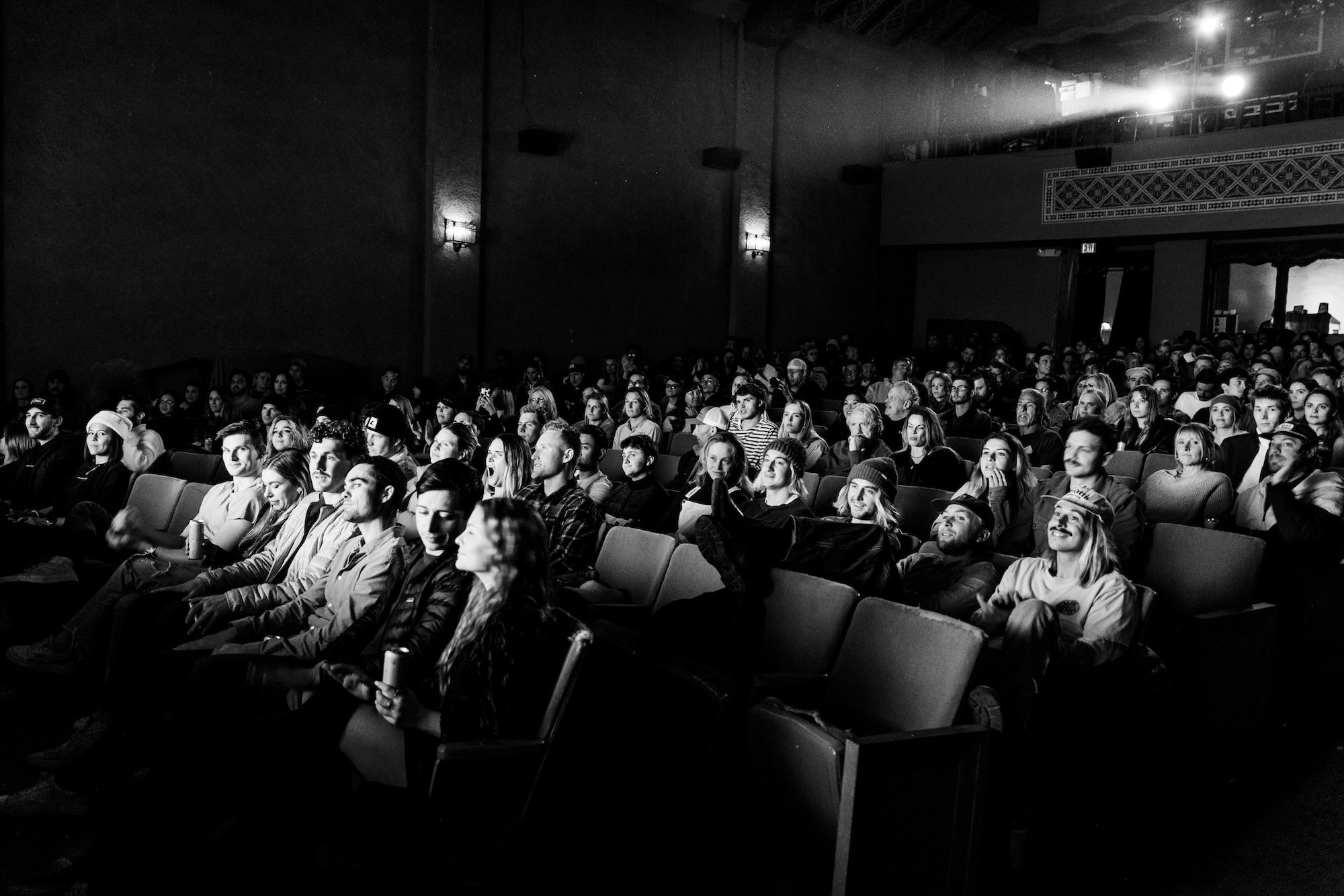
One of Chile’s premier film events, SANFIC is held annually in Santiago. It showcases national and international films across a wide range of genres. It plays a crucial role in promoting Chilean cinema and nurturing emerging filmmakers, providing opportunities for networking, workshops, and panels with both local and international industry professionals.
Founded in 1993, the Valdivia Festival takes place every October. Known for its focus on innovative and independent films, it serves as a platform for experimental storytelling and a hub for Latin American cinema. The festival highlights films that push creative boundaries and encourages discussions on artistic trends in the region.
Chile’s premier documentary film festival, FIDOCS, is held annually in Santiago. Co-founded by Patricio Guzmán, the festival celebrates documentary filmmaking and reflects the country’s deep-rooted tradition in social and historical documentaries. It provides a critical space for debates, workshops, and screenings that encourage reflection on contemporary social issues.
Through its cultural partnership with Chile, Years of Culture has played a pivotal role in spotlighting Chilean cinema in Qatar. By hosting cultural events, film screenings, and creative workshops, the initiative not only celebrates the art of filmmaking but also fosters meaningful connections between creatives across continents.
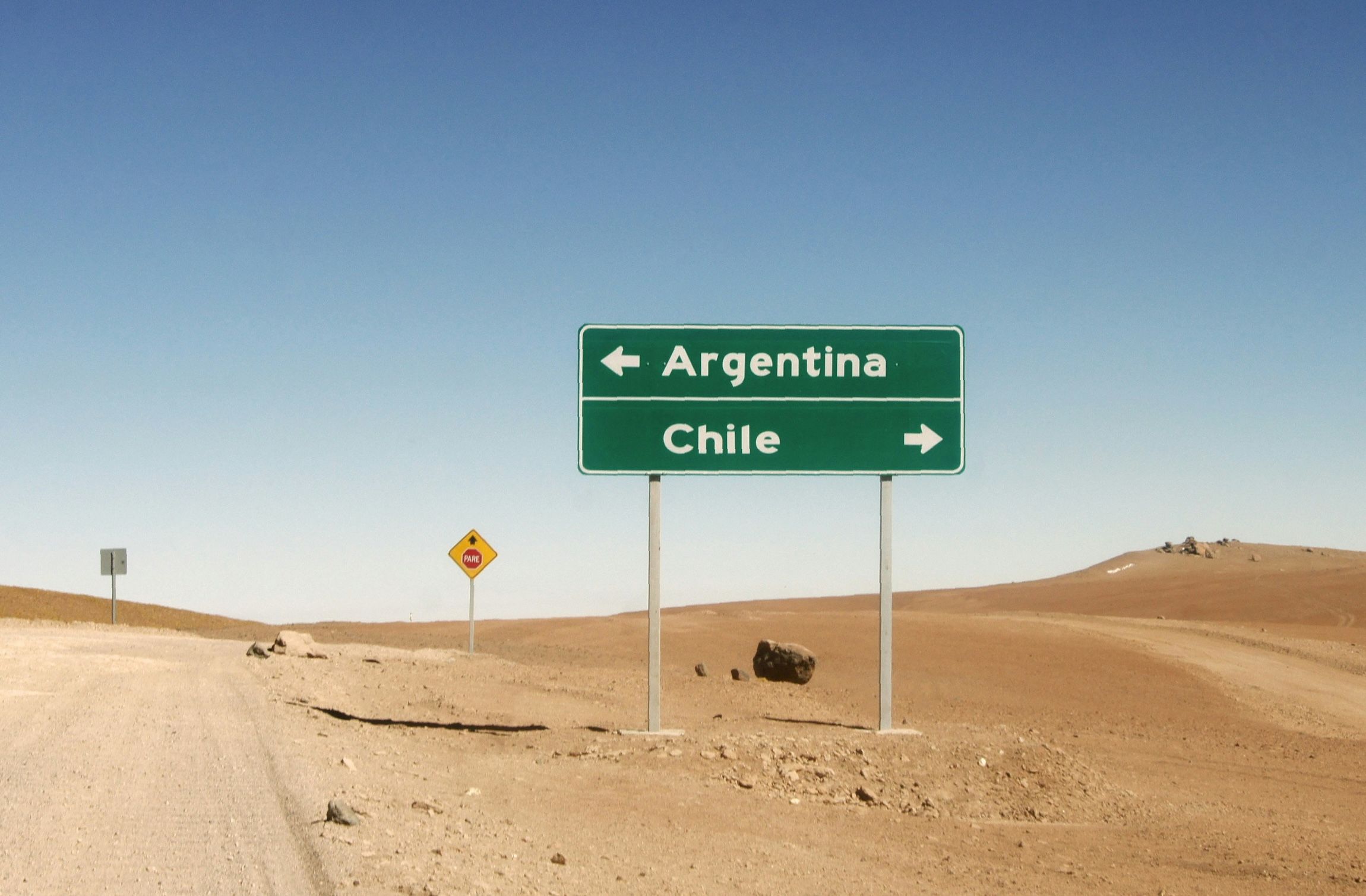
As part of Qatar, Argentina and Chile 2025, a series of free public screenings were hosted by the Doha Film Institute in May 2025. Social Scenes featured contemporary films from both countries, curated by Violeta Bava.
In November 2025, the Doha Film Festival will host a Made in Argentina/Chile showcase, spotlighting emerging filmmakers from both countries. This year’s Ajyal Youth Jury Exchange will also promote cross-cultural storytelling through cinema, with young judges from both countries taking part.
Chile’s film industry is one of the most vibrant in Latin America, with a rich heritage that continues to evolve. From the silent era to the internationally award-winning films of recent years, Chilean cinema has found its voice: resonant, bold, and profoundly human.
To continue exploring the region’s cinematic landscape, you can also learn more about Argentinian cinema and discover how Qatar’s own movie industry is flourishing.
Find out more about collaborations and artistic exchanges taking place as part of the Years of Culture initiative, explore our upcoming events in Qatar.